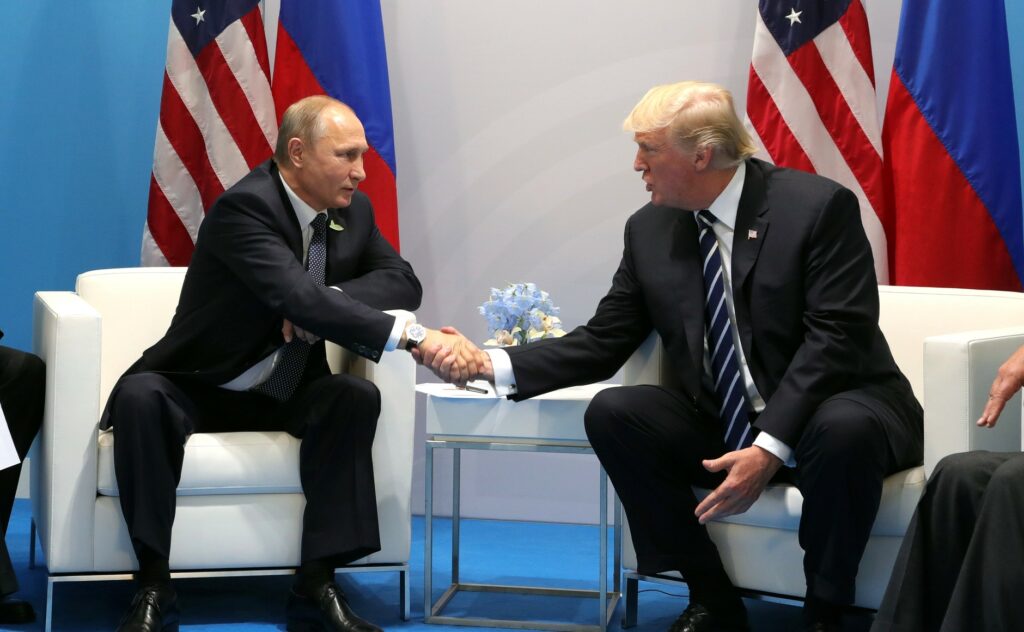
(Scypre.com) – In a significant development aimed at de-escalating the ongoing conflict in Ukraine, U.S. President Donald Trump and Russian President Vladimir Putin have agreed to a 30-day ceasefire focusing on halting attacks on energy and infrastructure targets within Ukraine. This agreement, reached during a recent phone call between the two leaders, marks a pivotal step toward potential broader peace negotiations.
The ceasefire, effective immediately, specifically targets the cessation of hostilities against energy facilities and critical infrastructure. Both leaders emphasized the importance of this pause as a foundation for future diplomatic engagements, including discussions on maritime security in the Black Sea and comprehensive peace talks.
President Trump hailed the agreement as a “major step toward ending the war,” expressing optimism that this initiative could lead to a complete cessation of hostilities. He stated, “We agreed to an immediate ceasefire on all energy and infrastructure, with an understanding that we will be working quickly to have a complete ceasefire and, ultimately, an end to this very horrible war between Russia and Ukraine.”
Ukrainian President Volodymyr Zelenskyy expressed cautious support for the ceasefire, noting that Ukraine has consistently refrained from targeting energy sectors. He stated, “We have always maintained the position of not attacking the energy sector with any weapons.”
However, Zelenskyy emphasized the need for transparency and inclusion in the peace process, asserting that any negotiations must involve Ukraine directly. “There are two sides in this war — Russia and Ukraine. Trying to negotiate without Ukraine, in my view, will not be productive,” he remarked.
The agreement to halt attacks on energy infrastructure is seen as a strategic move to stabilize Ukraine’s energy grid, which has suffered significant damage during the conflict. This pause may also provide an opportunity for humanitarian aid and reconstruction efforts to commence in affected regions.
Analysts suggest that while the ceasefire is limited in scope, it could serve as a confidence-building measure leading to more comprehensive peace negotiations. The focus on energy infrastructure underscores the critical role of energy security in the broader geopolitical landscape of the conflict.
Following the implementation of the ceasefire, technical teams from the involved parties are expected to engage in discussions to monitor compliance and address potential violations. Additionally, preparations for broader peace talks, potentially involving other international stakeholders, are anticipated in the coming weeks.
While the ceasefire marks a hopeful development, the path to lasting peace remains complex, with numerous political and territorial issues yet to be resolved. The international community continues to watch closely, hopeful that this agreement will pave the way for a sustainable resolution to the conflict.